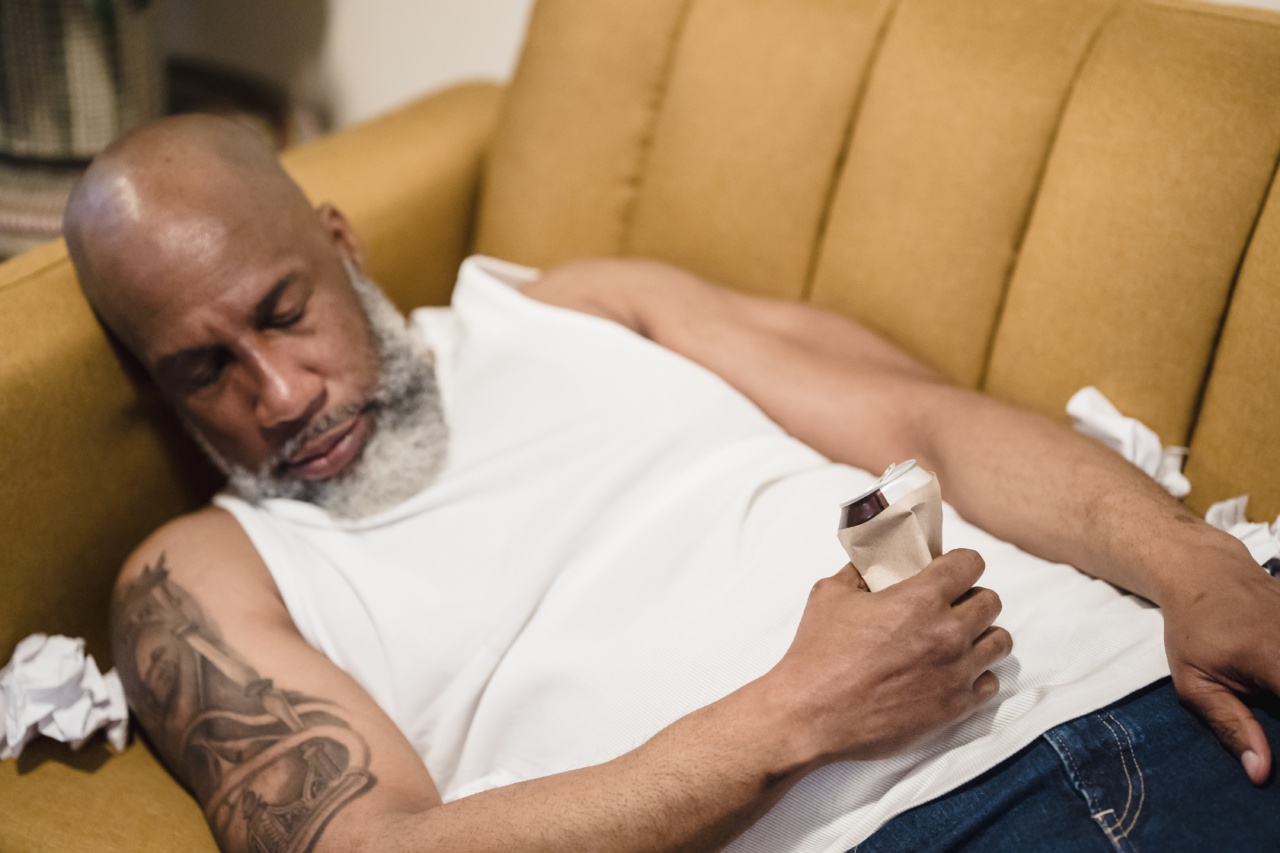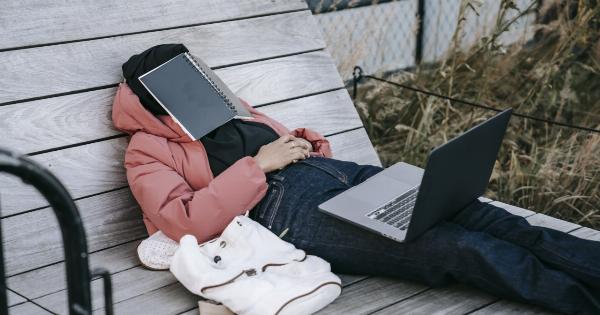Sleep is a vital physiological process that helps in maintaining physical and mental well-being.
However, in today’s fast-paced world, many individuals suffer from sleep loss, either due to work obligations, personal responsibilities, or lifestyle choices. While occasional sleep deprivation may not have significant consequences, chronic sleep loss can lead to numerous health issues, including increased impulsivity.
What is Sleep Loss?
Sleep loss refers to the insufficient duration or poor quality of sleep. It is estimated that almost one-third of adults worldwide do not get the recommended amount of sleep, which is around 7-9 hours per night.
Factors such as stress, anxiety, excessive use of electronic devices, shift work, and medical conditions like insomnia can contribute to sleep loss.
The Impact of Sleep Loss on Impulsivity
Impulsivity can be described as the tendency to act without considering the potential negative consequences of one’s actions. Lack of sleep has been closely linked to increased impulsivity and impulsive behaviors.
When individuals are sleep-deprived, their cognitive functioning, emotional regulation, and decision-making abilities are compromised, leading to impulsive behavior.
1. Impaired Cognitive Functioning
Insufficient sleep negatively affects various aspects of cognitive functioning, including attention, working memory, and executive functions. This impairment in cognitive abilities can result in impulsive decisions and actions.
Sleep loss reduces the brain’s ability to think rationally, leading individuals to make impulsive choices without considering long-term consequences.
2. Emotional Dysregulation
Sleep deprivation can also disrupt the regulation of emotions. The part of the brain known as the amygdala, which plays a crucial role in processing emotions, becomes hyperactive when sleep-deprived.
This abnormal activation can lead to heightened emotional responses and difficulty in managing emotions effectively. Consequently, individuals may act impulsively in response to their emotions, without considering the potential outcomes.
3. Increased Risk-Taking Behavior
Studies have shown that sleep loss is associated with an increase in risk-taking behavior. Sleep-deprived individuals tend to engage in risky activities, such as reckless driving, substance abuse, or excessive gambling.
This heightened impulsivity can be attributed to the diminished ability to assess risks and make informed decisions, making individuals more prone to engaging in impulsive and potentially harmful behaviors.
4. Impaired Judgment
Chronic sleep loss affects judgment and decision-making processes. Sleep-deprived individuals often display reduced ability to evaluate situations accurately and consider alternative options.
This impaired judgment can lead to impulsive choices, as individuals may rely on immediate gratification or impulsive responses rather than rational thinking and long-term planning.
5. Relationship Between Sleep Loss and ADHD
Attention Deficit Hyperactivity Disorder (ADHD) is a neurodevelopmental disorder characterized by symptoms like inattention, hyperactivity, and impulsivity. While sleep loss does not cause ADHD, it can exacerbate symptoms in individuals with ADHD.
Lack of sleep further impairs the already compromised impulse control in individuals with ADHD, making it even more challenging to manage impulsive behaviors.
6. Impact on Social Interactions
Impulsivity resulting from sleep loss can have detrimental effects on social interactions. Sleep-deprived individuals may say or do things impulsively, which can strain relationships and lead to conflicts.
Impulsive behavior can also hinder effective communication and emotional connection with others, adversely affecting both personal and professional relationships.
7. Possible Strategies for Managing Impulsivity
If you are experiencing increased impulsivity due to sleep loss, there are several strategies that can help mitigate the effects:.
- Establish a consistent sleep schedule: Stick to a regular sleep routine by going to bed and waking up at the same time each day, even on weekends.
- Create a conducive sleep environment: Ensure your bedroom is dark, quiet, and cool to optimize sleep quality.
- Avoid stimulants: Limit the consumption of caffeine, nicotine, and alcohol, especially close to bedtime, as they can interfere with sleep.
- Practice relaxation techniques: Engage in activities like deep breathing, meditation, or gentle stretching before bedtime to promote relaxation and prepare your mind for sleep.
- Avoid electronic devices before sleep: The blue light emitted by smartphones, tablets, and computers can disrupt your circadian rhythm and make it harder to fall asleep. Avoid using these devices for at least an hour before bedtime.
- Regular exercise: Engage in regular physical activity, but avoid vigorous exercise close to bedtime, as it can energize the body and delay sleep onset.
- Seek professional help: If you consistently struggle with sleep loss and impulsivity, consider consulting a healthcare professional who specializes in sleep disorders or mental health.
Conclusion
Sleep loss can have significant impacts on impulsivity, leading to impulsive behaviors and compromised decision-making abilities.
Recognizing the relationship between sleep deprivation and increased impulsivity is crucial for both individuals and society as a whole. By prioritizing adequate sleep and implementing strategies to improve sleep quality, individuals can mitigate the negative effects of sleep loss on impulsivity and enhance their overall well-being.





























